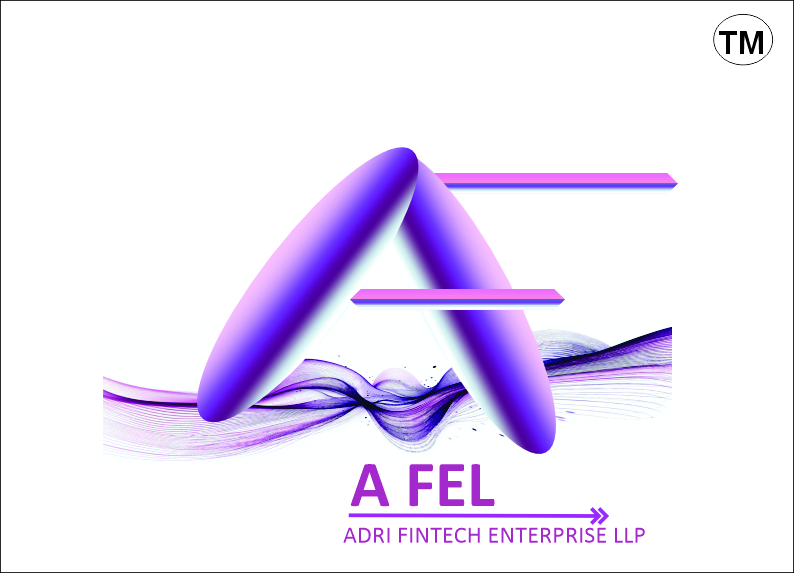
THE STRUGLE WITH EXISTING FINANCIAL ERPS OF INSURANCE COMPANIES POST NEW ACCOUNTING STANDARD
The new Insurance Contract Accounting Standard, IFRS 17, is creating Tricky situation for insurance companies due to its complexity and the significant changes it introduces, Insurance Companies are already facing tough competition with emerging INSURTECH industry and this strict reporting policies have created them to adopt to new and upgraded Financial ERPs or complete change over of existing Operating model
What has changed and What else need to change?
Recognition & Measurement of Insurance Contract: This is the biggest change in IFRS 17 and this the one which make the standard unique and trickier for the Insurance Companies , as per this companies need to present the current value approach in there financials for measurement of Insurance contract and this need justified judgement and sophisticated valuation of Insurance contract, to over come this challenge companies have started to make a change in the operational tool model to get accommodated as per the new standard
Complexities and Challenges with Existing Financial ERPs to Adapt
| Presentation requirements of Insurance Contracts in IFRS 17 | Values |
|---|---|
| Entity Requirements to present carrying amount separately | Disclose |
| insurance contracts issued that are assets | xxx |
| reinsurance contracts held that are assets | xxx |
| insurance contracts issued that are liabilities | (xxx) |
| reinsurance contracts held that are liabilities | (xxx) |
Complex issues for insurance companies, especially when it comes to adapting existing financial systems.
Large ERP systems like Oracle Fusion and Tagetik have been developed to accommodate the complex requirements of IFRS 17, and specialized tools from Moody’s Analytics and KPMG provide additional support for compliance.
But All Companies cannot adopt this transformation and this requires a years of time to understand compare the rationality and industry performance index.
The challenge of integrating IFRS 17 into existing systems without scrapping current tools is indeed daunting. It requires a strategic approach to modify the chart of accounts and reporting processes while maintaining continuity in financial reporting. The extensive consultation and development process of IFRS17, which spanned two decades, reflects the standard’s complexity and the critical need for stakeholder engagement.
WHY IFRS 17 Insurance Contract Important
Despite the criticisms, particularly regarding the applicability of the current rate for the time value of money, the goal of IFRS 17 is to enhance the transparency and comparability of financial statements. It aims to provide a more accurate representation of an insurance company’s financial position, performance, and risk exposure, thereby benefiting all users of financial statements.
The path to IFRS 17 compliance is indeed challenging, but it is also an opportunity for insurance companies to improve their financial reporting and gain deeper insights into their operations. It’s a transformative journey that will likely continue to evolve as companies, regulators, and other stakeholders gain experience with the new standard.
After Effects of Implementation
In a survey of efrag.org the average cost of implementation of this standard is approx. €24 million per insurer, the Global insurance industry could spend approx. $20 billion, this figures are directly associated with system change process change and control requirements.
Reporting Bottlenecks Solvency II and IFRS 17
Since the implementation of the Solvency II, insurance and reinsurance undertakings and insurance groups are required to report to national competent authorities on an annual and quarterly basis, for both prudential and financial stability purposes. They are also required to disclose the Solvency and Financial Condition Report on an annual basis.
How AdriFintech provide effective solutions
“ADRIFINTECH Partners, boasting over 8 years of experience in Insurance Financial accounting ERP transformation, have extensively worked on IFRS 16 implementation. Our expertise extends to collaborations with renowned insurance brokerages such as Marsh and Aviva. We possess a deep understanding of accounting open items and the intricacies of cross-currency Financial ERP consolidation issues, and are adept at resolving them.”

